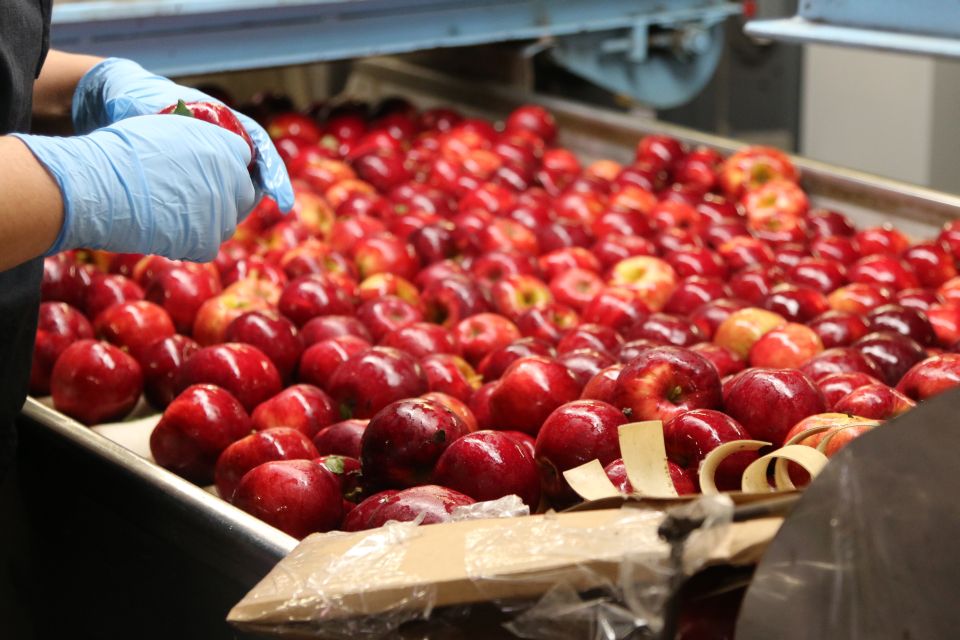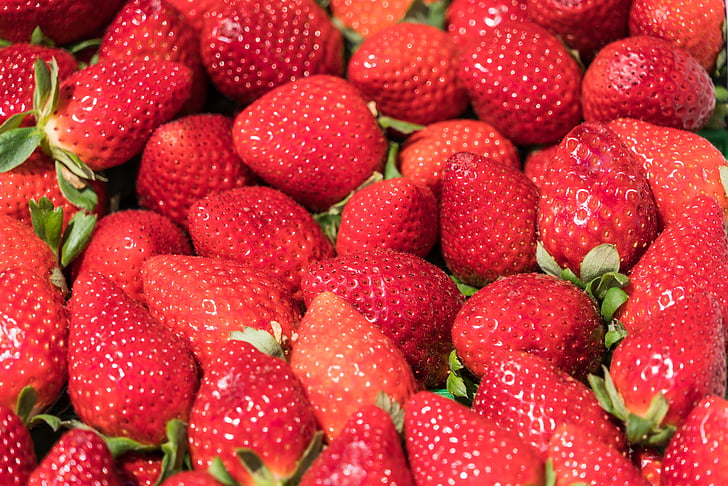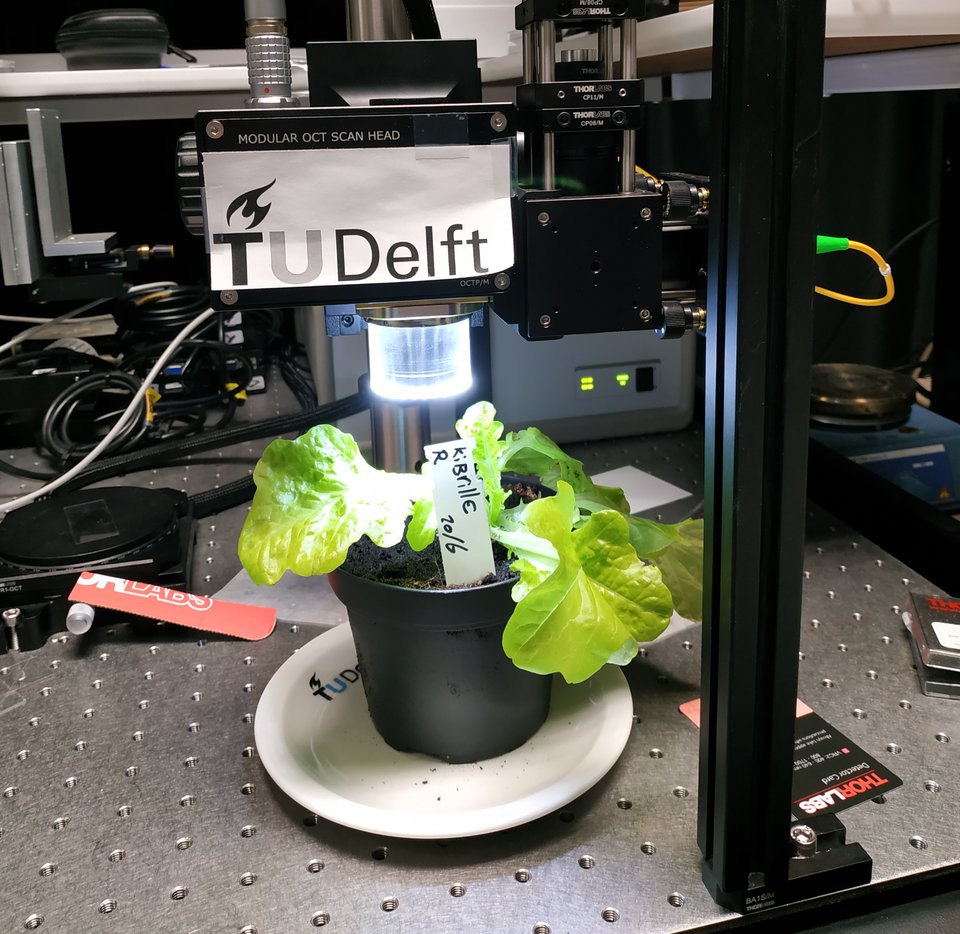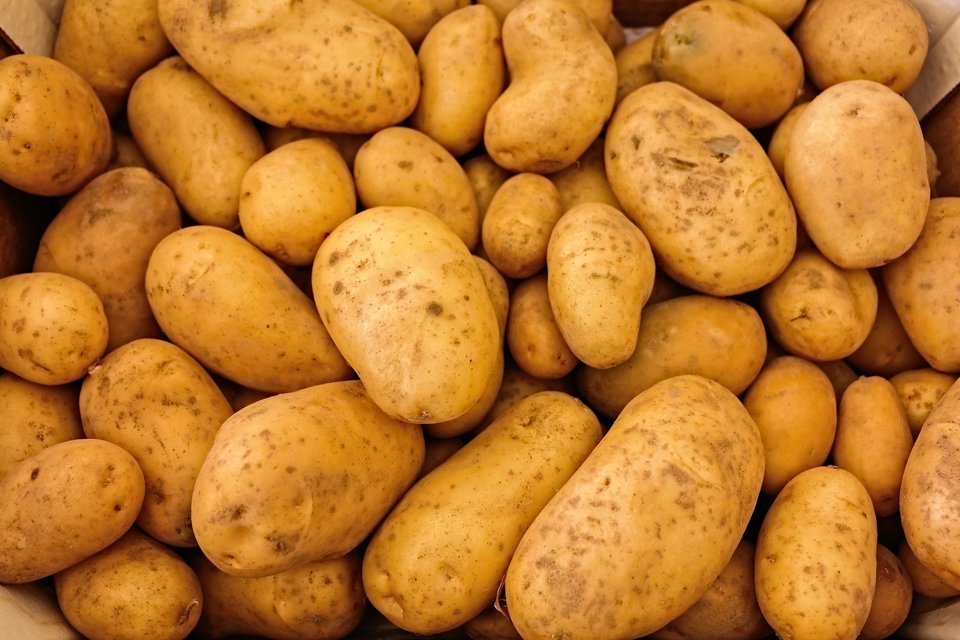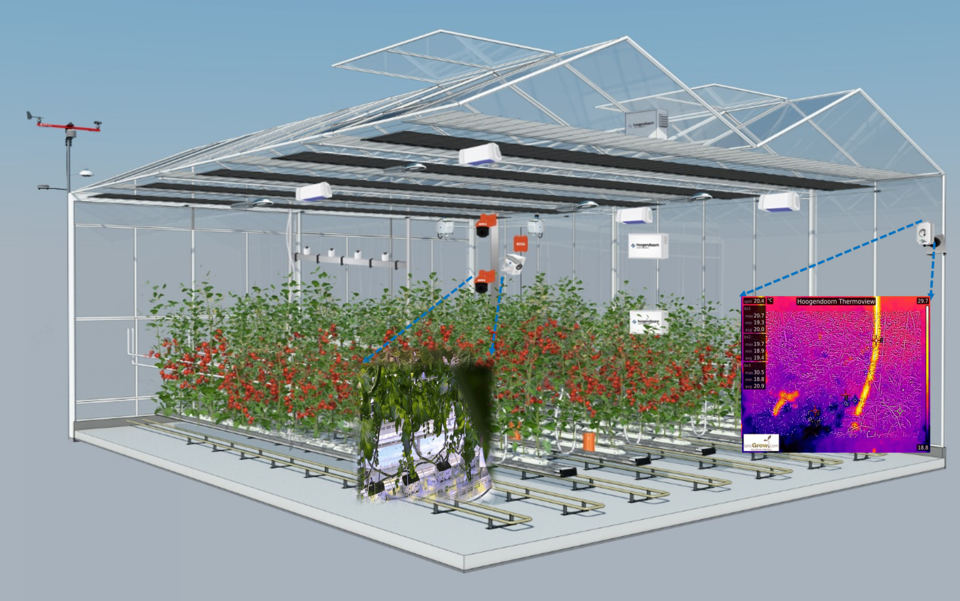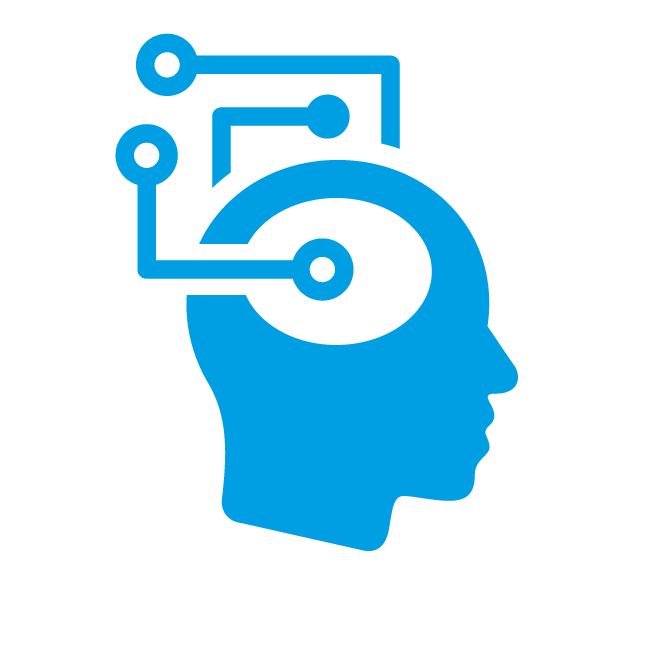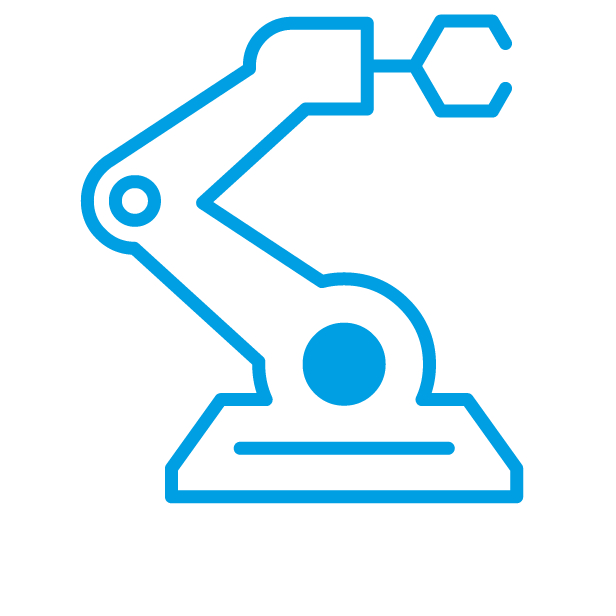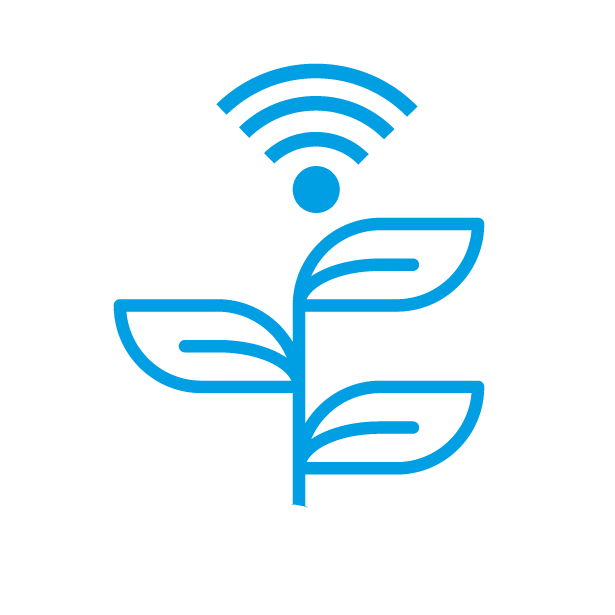Artificial Intelligence
Data & Decision
Challenges
- How to shorten the breeding and market introduction cycle of new and better performing crop varieties while optimising yield, resource use, and environmental impact?
- How to autonomously advise on crop production, environment controls, and harvesting to improve yield, quality, and efficiency?
- How to optimise supply chain dynamics under uncertainty?
Background
- Knowledge & Expertise: Systems and Control theory, Algorithmics of planning and scheduling
- Technologies: Artificial Intelligence, Bioinformatics, Systems and Control, Data Science, Optimization
- Research history: Contribution and successes in diverse fields, from Smart Energy Systems, Logistics to Plant Genomics
Contributions
Technological innovations in the agrifood industry produce staggering amounts of data. Not only through established measurement techniques and sensor modalities, but also in very novel ways, e.g. by autonomous drone swarms in greenhouses.
Bioinformatics technologies can be employed to process and interpret plant biomolecular and genomic datasets. Computer vision techniques can perform automatic analysis of plant phenotypes. Machine learning technologies can connect such data (streams) from the plant and its environment. This coupling will allow building predictive models that help steer the breeding and market introduction of new and improved crops.
The same data streams can be used to advise on crop production, environment controls, harvesting, and optimization of supply chain dynamics. For this, algorithms for optimisation under uncertainty, feedback control and adaptive planning can be used. This will allow an unprecedented level of situational awareness to support the optimal decision-making process.
Within this theme, we will connect the above technologies and data streams to help improve and innovate key processes in crop development, production and supply.

